In summary, hydraulic cylinders are critical components in engineering machinery industries, serving as essential actuation devices that convert hydraulic energy into mechanical energy. Their versatility, precision, durability, and integration capabilities make them indispensable for a wide range of applications, enabling efficient and powerful operation of machinery across various industries.
Loader Derricking Hydraulic Ram Cylinder
Versatility: Hydraulic cylinders are highly versatile and can be found in various types of equipment, including excavators, bulldozers, loaders, cranes, forklifts, backhoes, and many more. They are used in applications that require precise and controlled movement, as well as high force capabilities.
Stroke and Force Control: Hydraulic cylinders offer precise control over stroke length and force output. By adjusting the hydraulic pressure and flow rate, the motion and force generated by the cylinder can be precisely controlled, allowing for efficient and accurate operation of the machinery.
Durability and Reliability: Hydraulic cylinders are designed to withstand demanding working conditions. They are built with robust materials, such as steel or alloy, and undergo rigorous manufacturing processes to ensure durability, reliability, and long service life.
Maintenance and Serviceability: Hydraulic cylinders are generally designed for easy maintenance and serviceability. They can be disassembled, inspected, and repaired or replaced as needed. Regular maintenance, including lubrication and seal replacement, helps extend their lifespan and ensures optimal performance.
Integration with Hydraulic Systems: Hydraulic cylinders seamlessly integrate into hydraulic systems, working in conjunction with other components such as hydraulic pumps, control valves, and fluid reservoirs. This integration allows for efficient power transmission and control of the machinery's movement.
Safety Considerations: Hydraulic cylinders should be operated with safety in mind. Proper safety measures, such as pressure relief valves, overload protection, and regular inspections, should be implemented to ensure the safe operation of the machinery and to prevent accidents or damage.
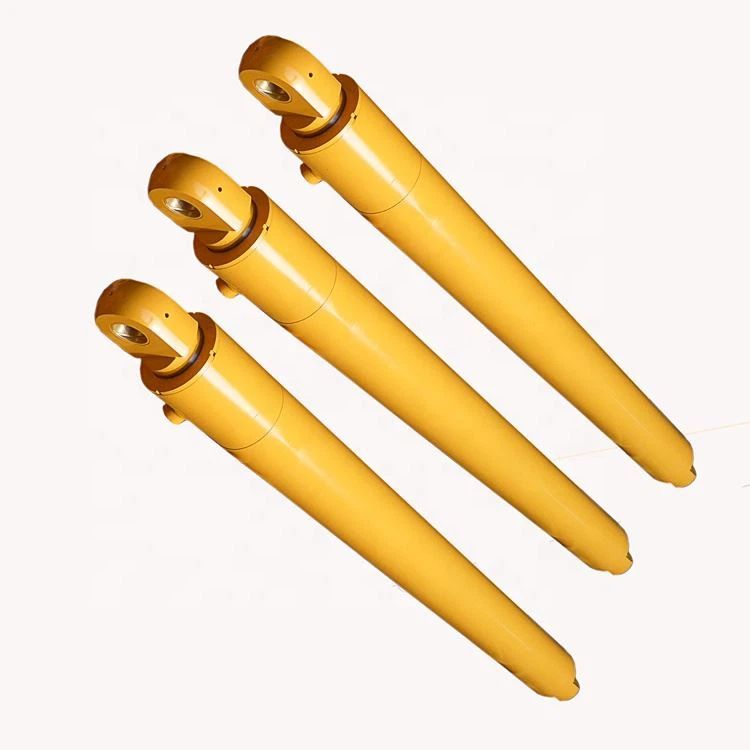
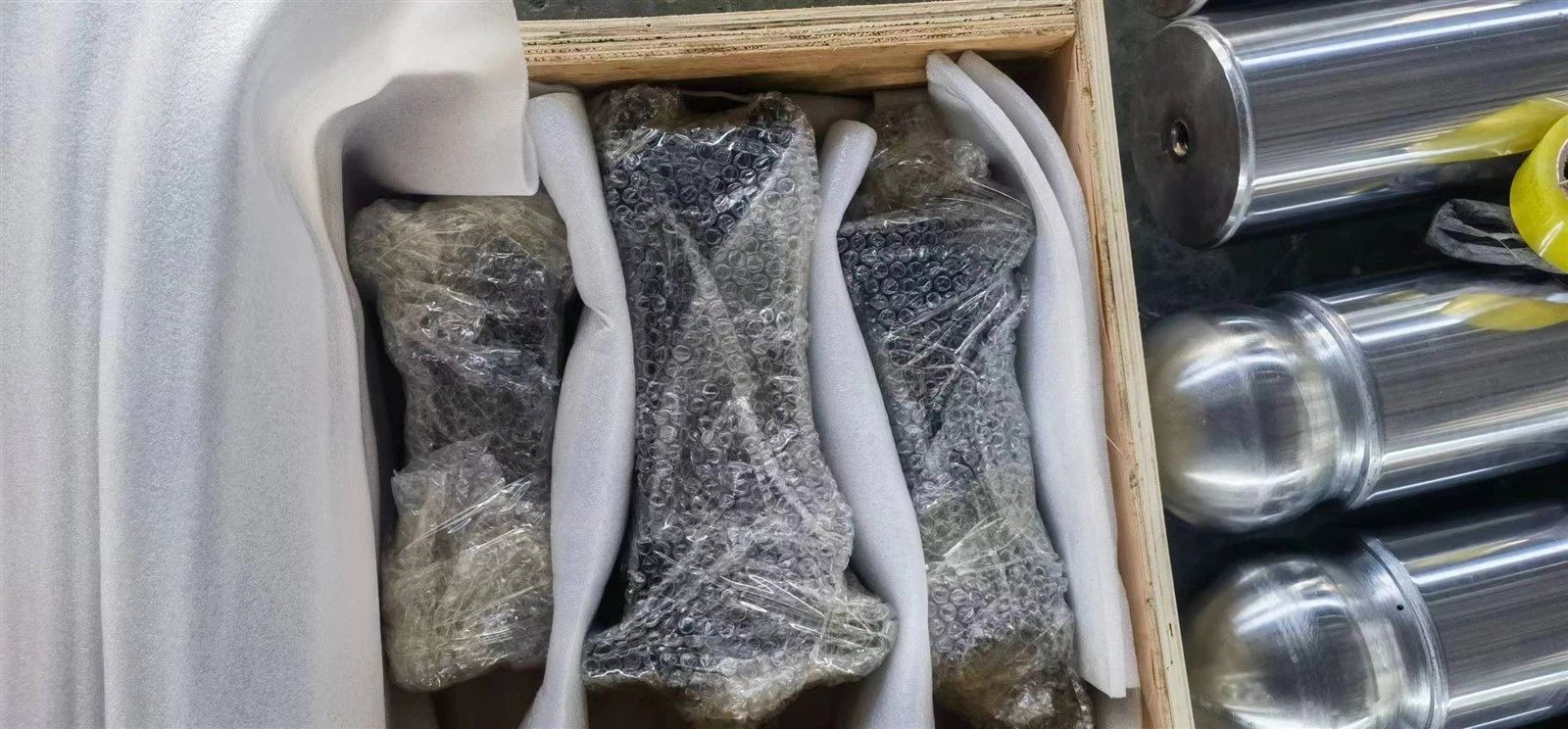
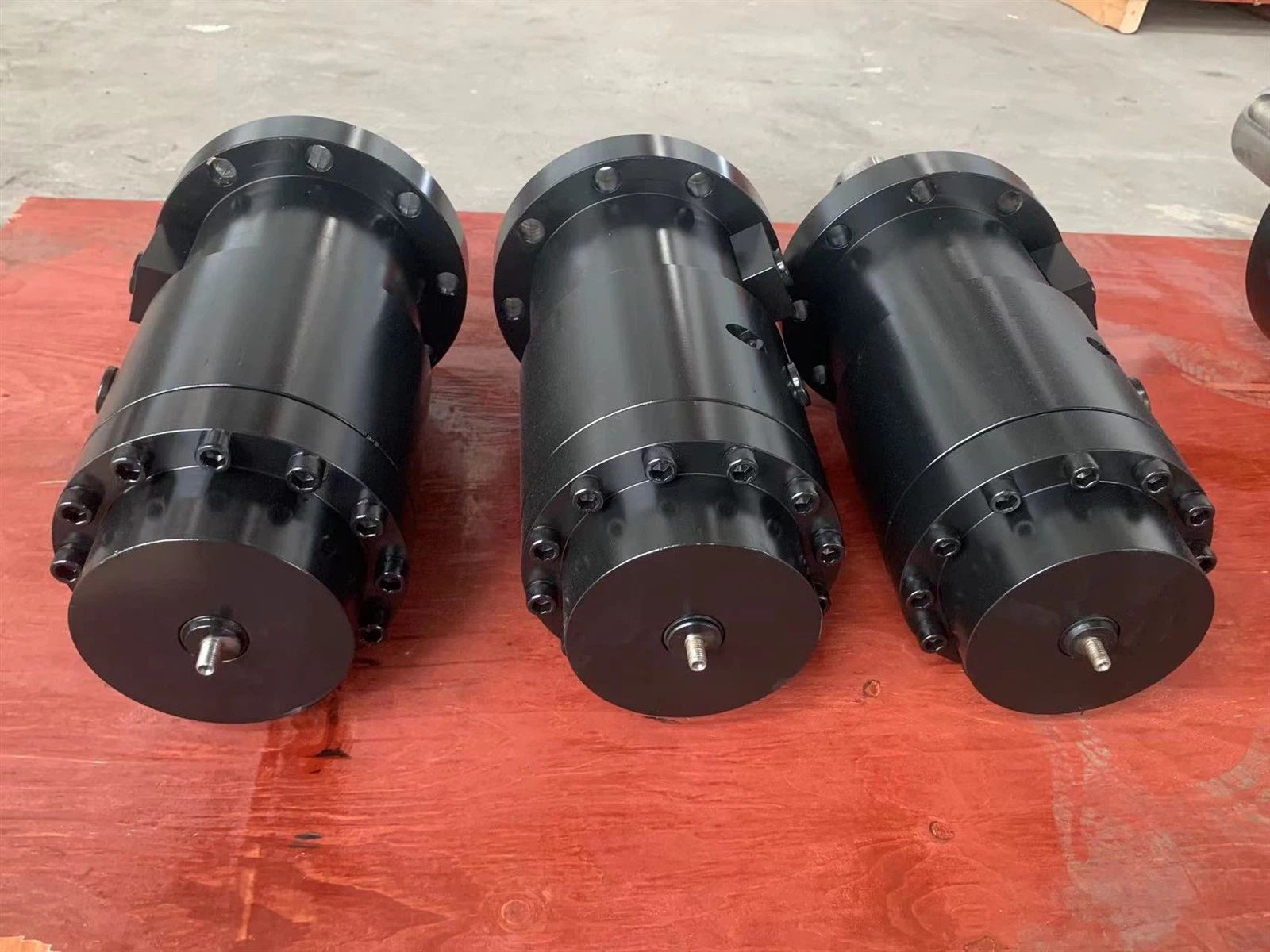
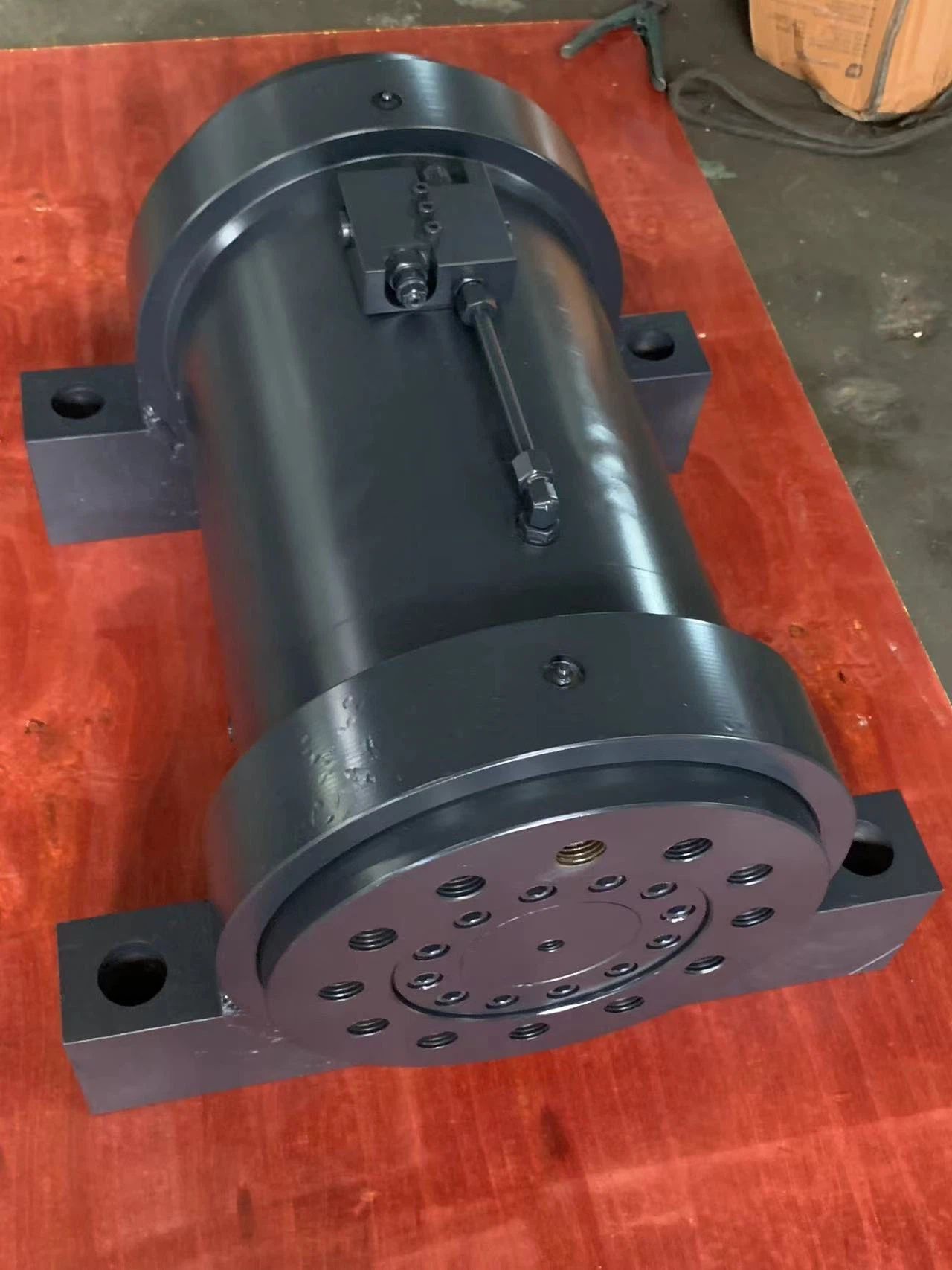
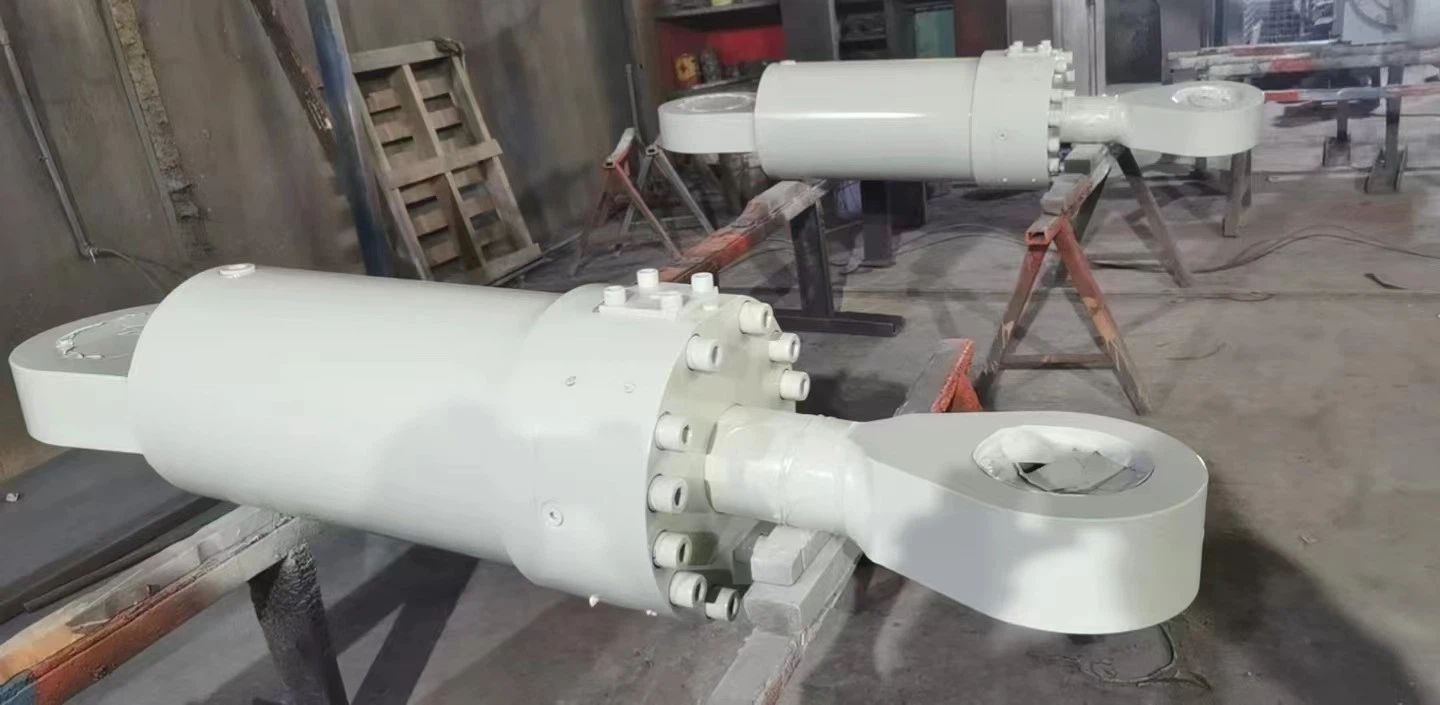
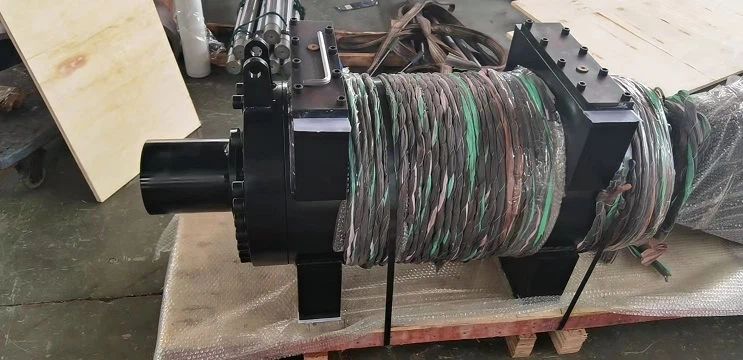
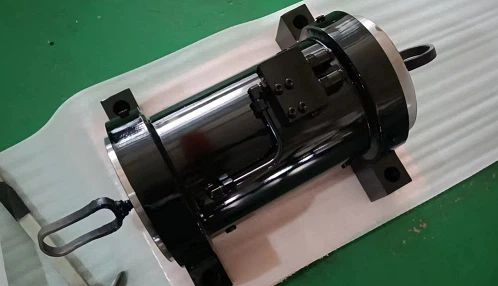
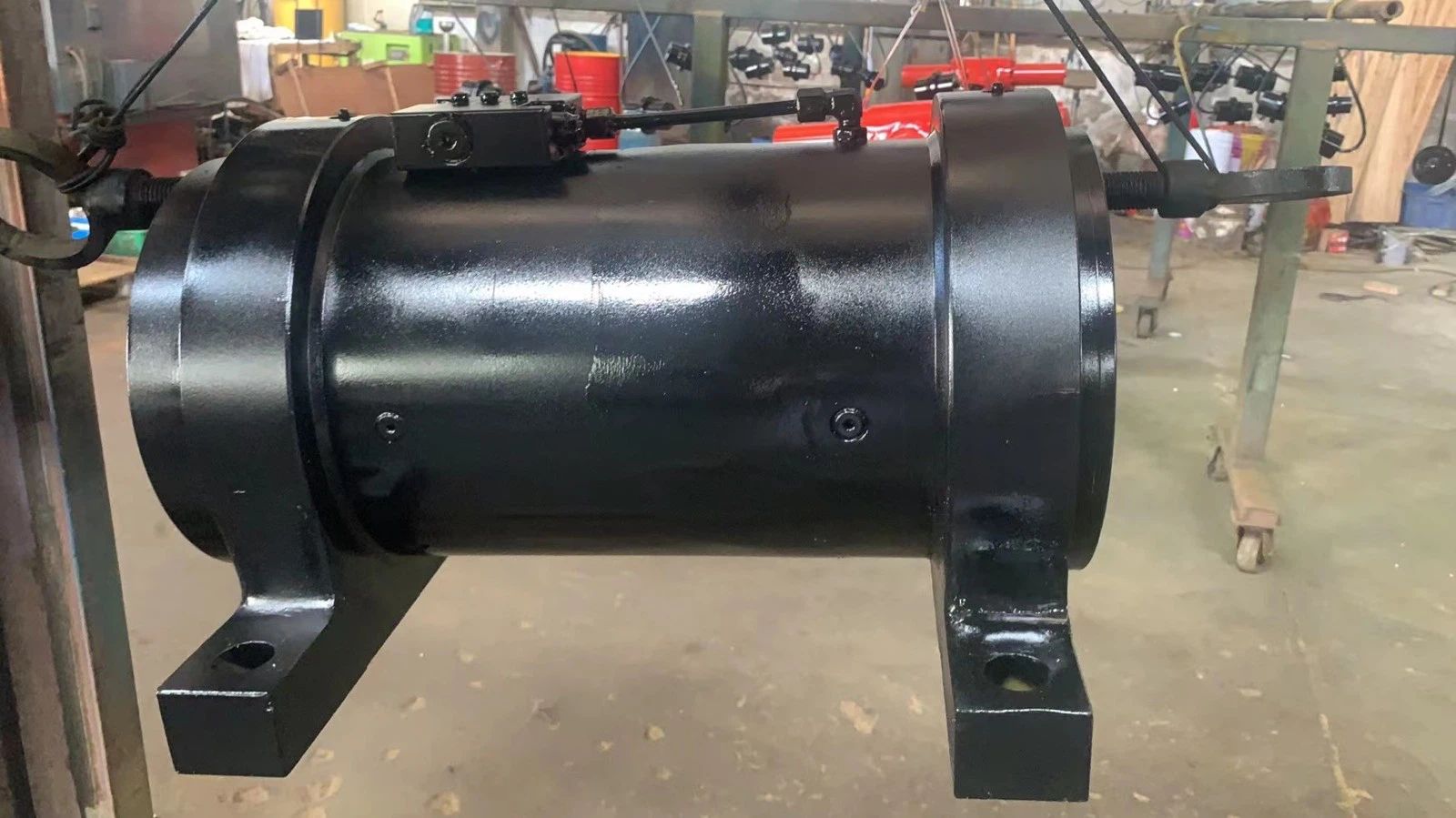
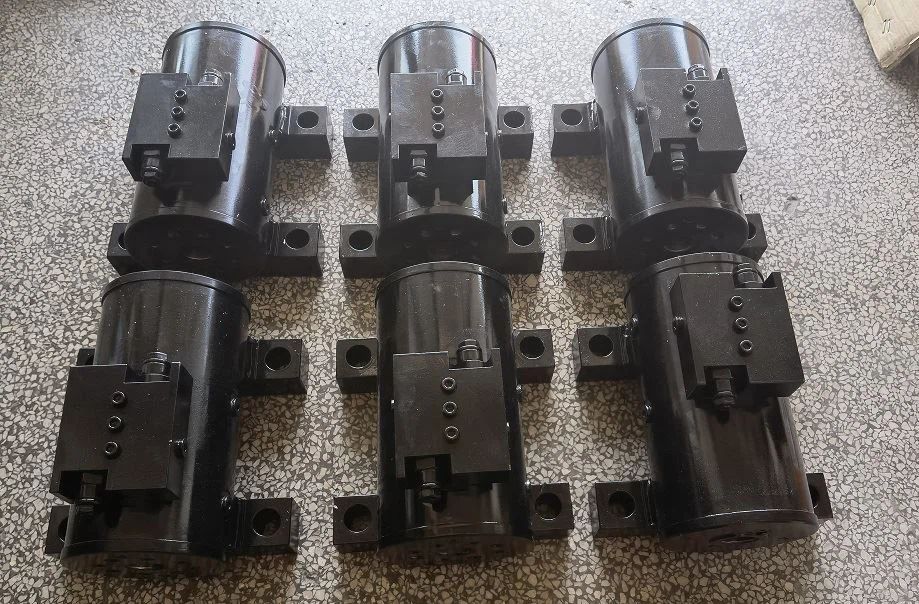
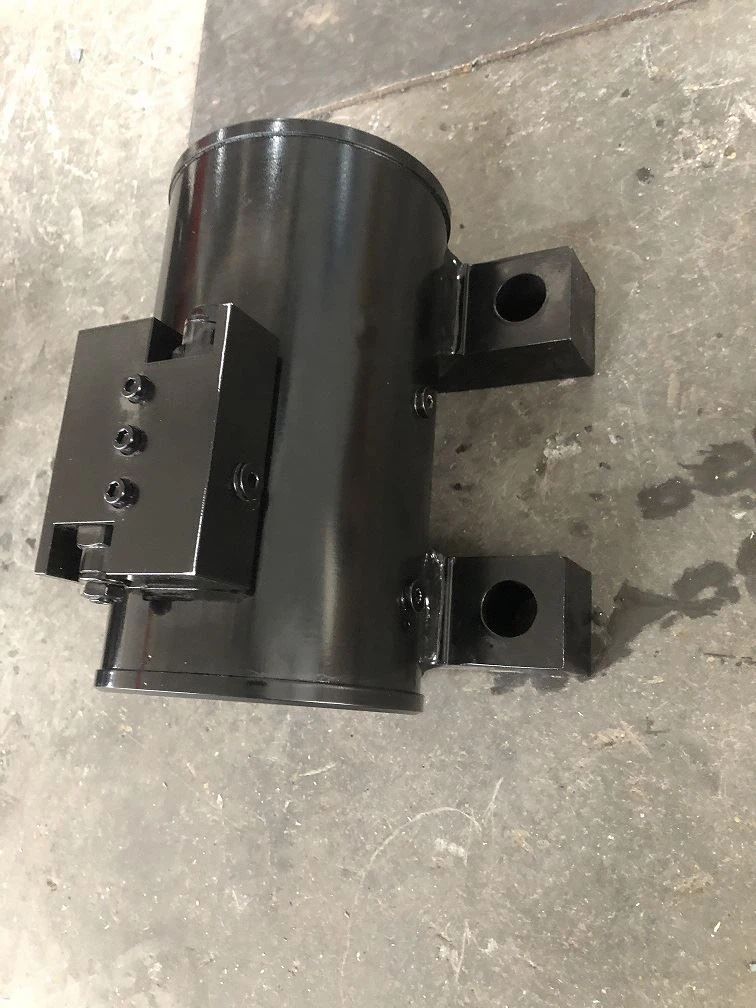
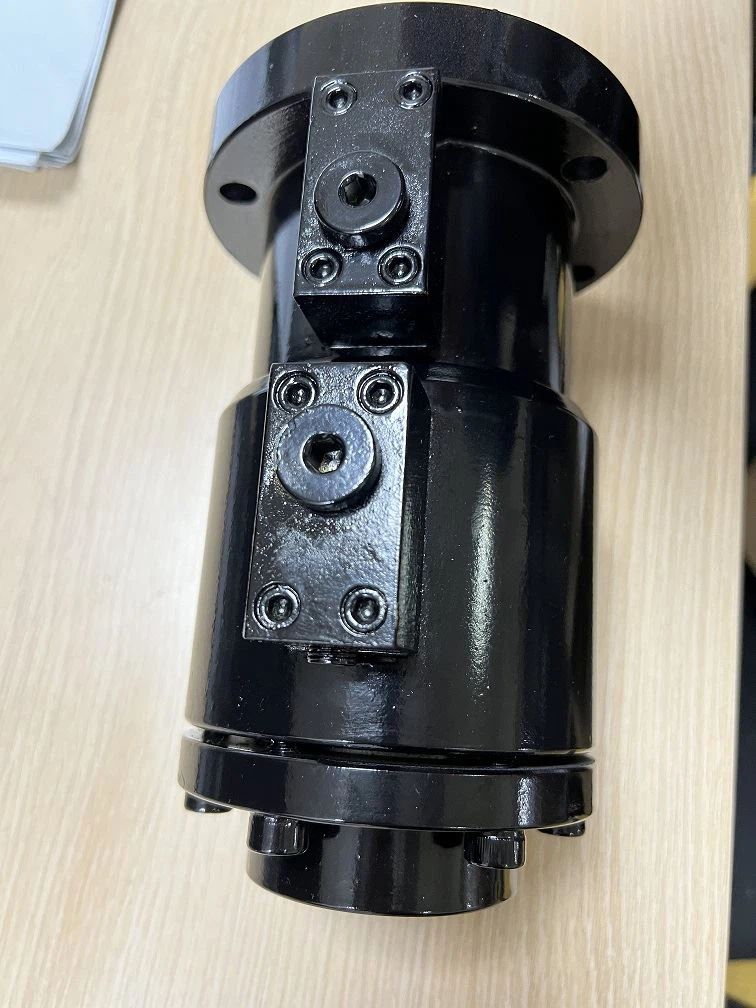
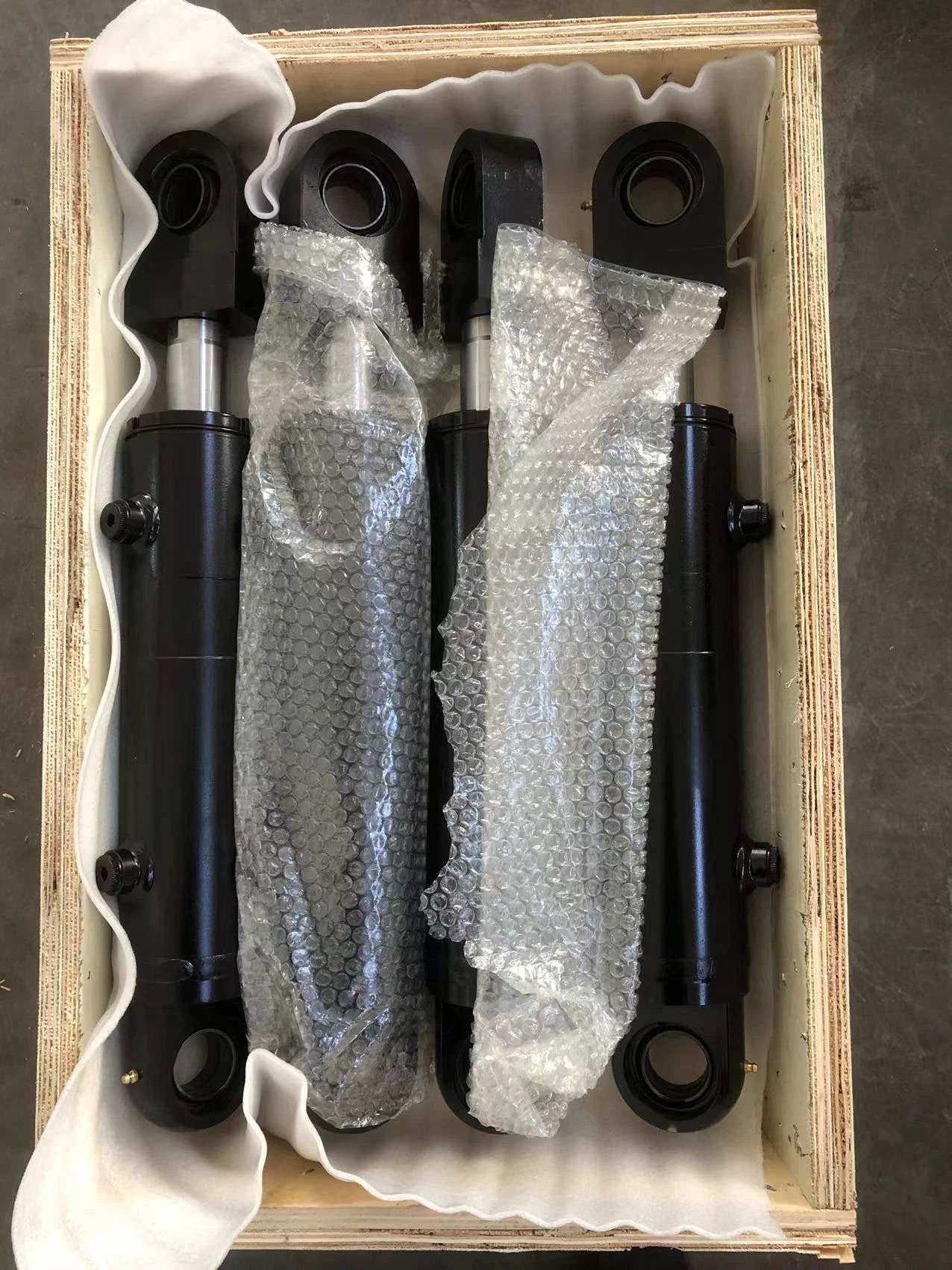
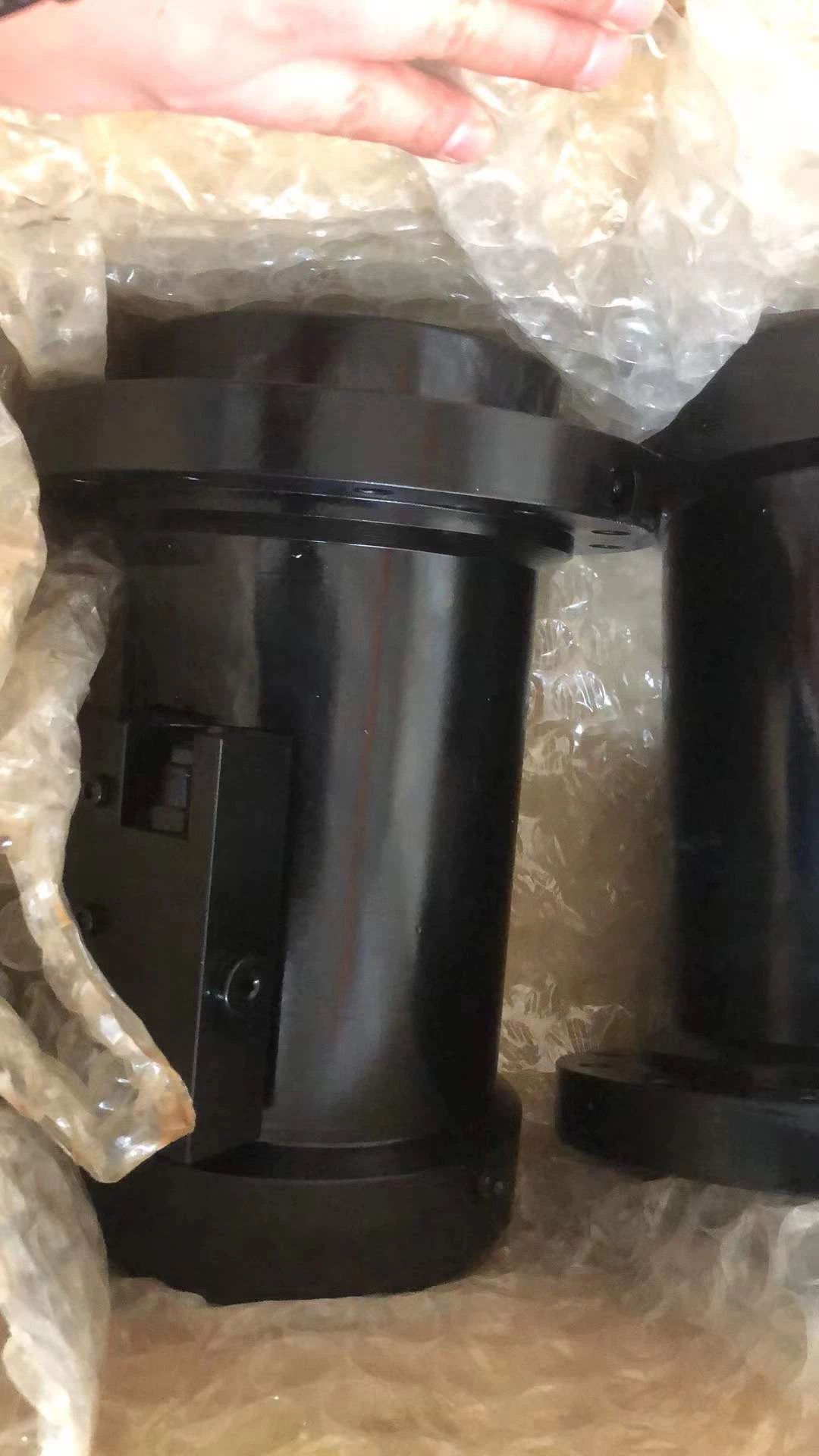
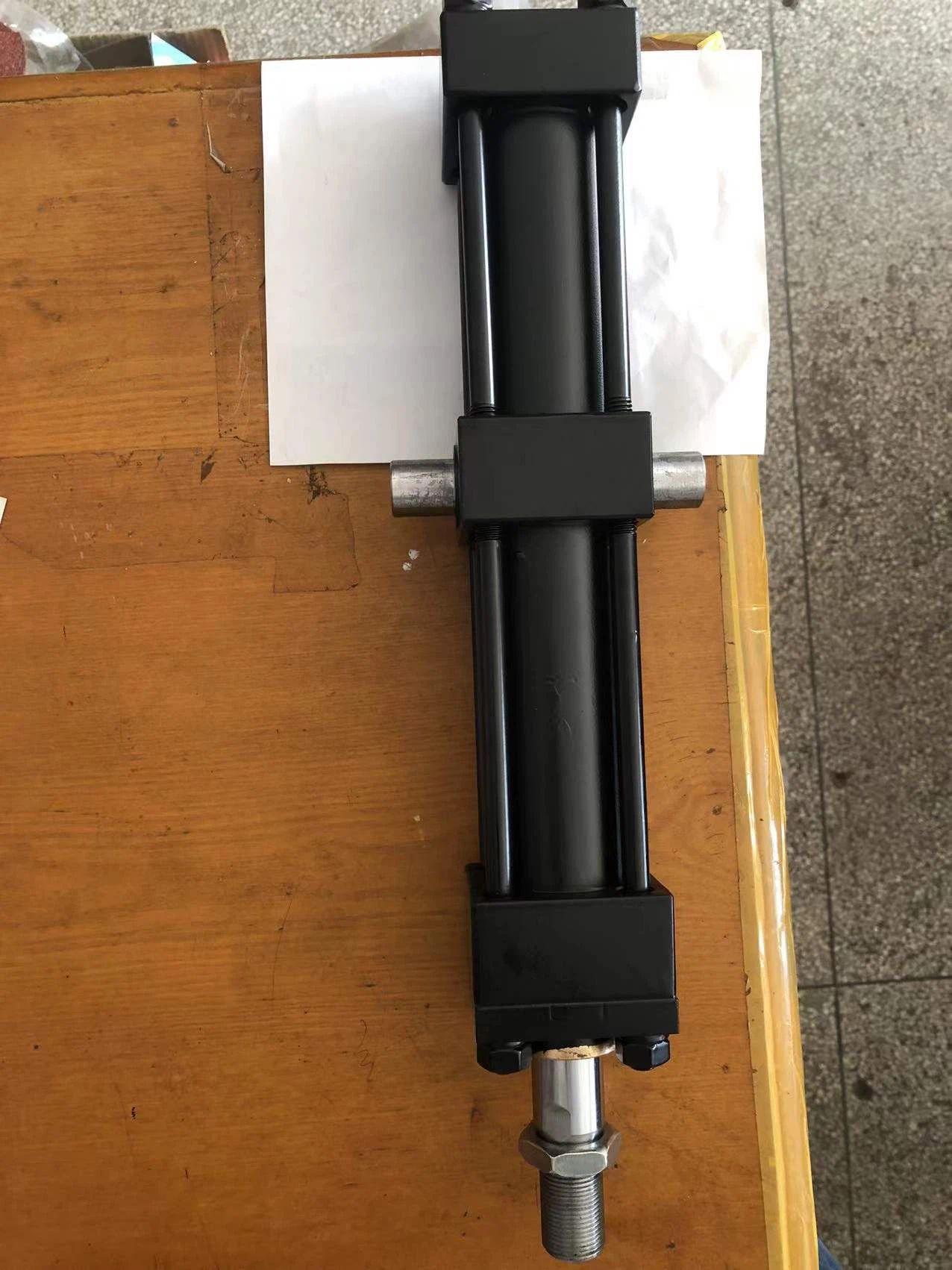
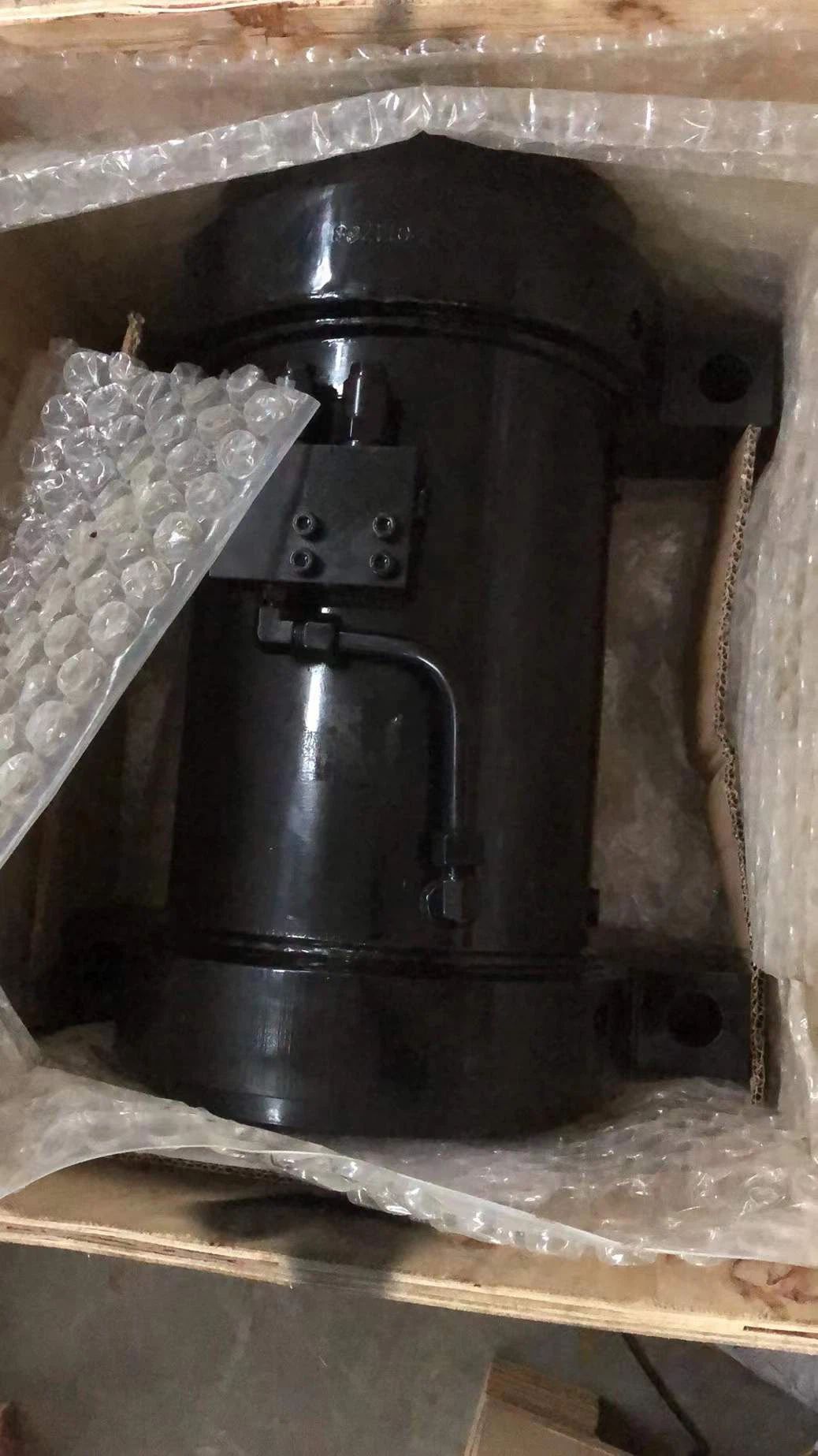
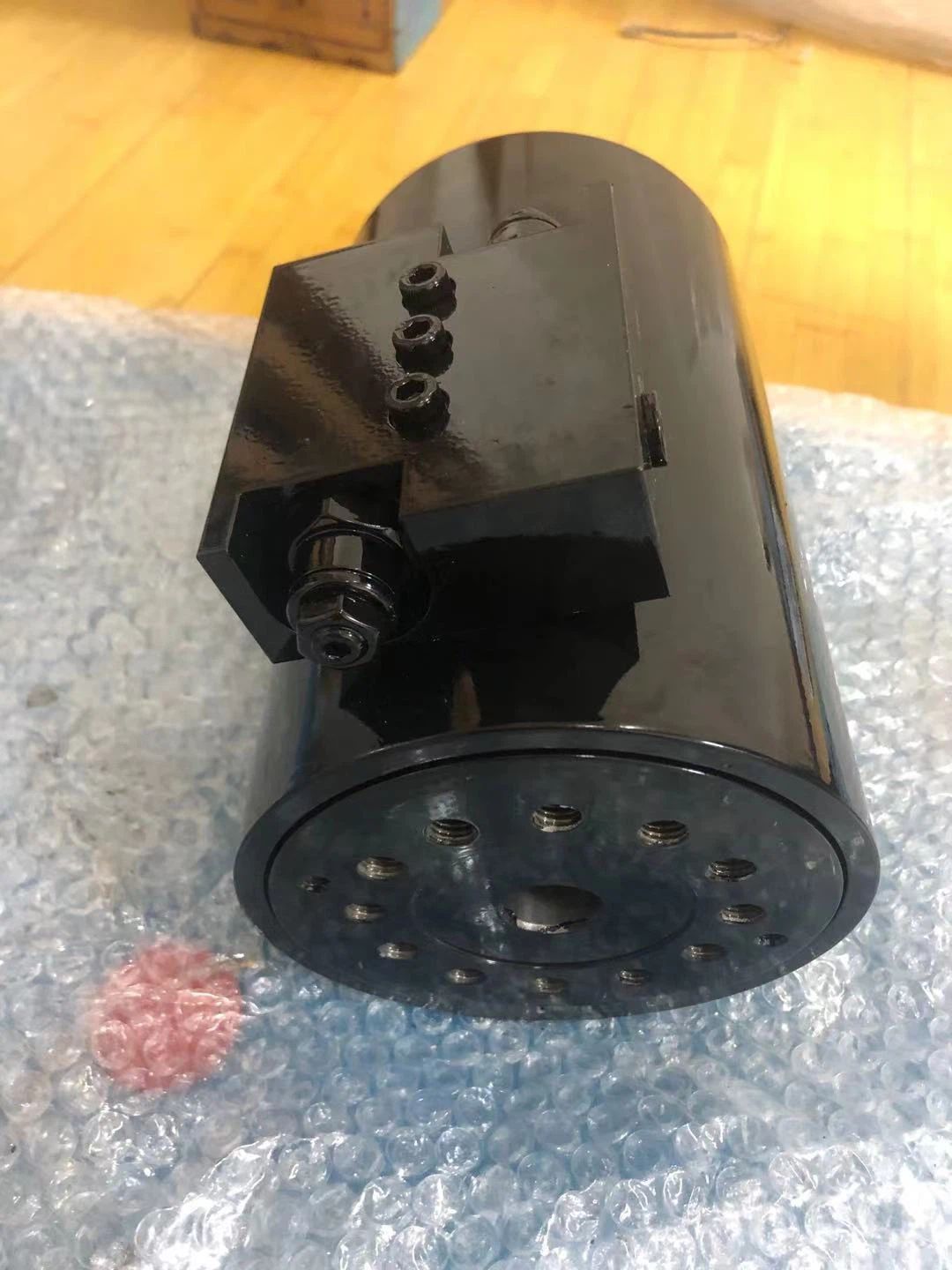
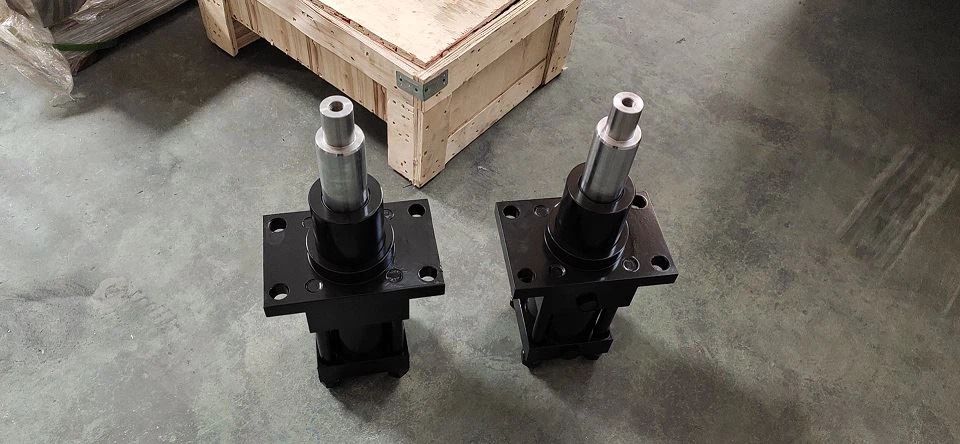
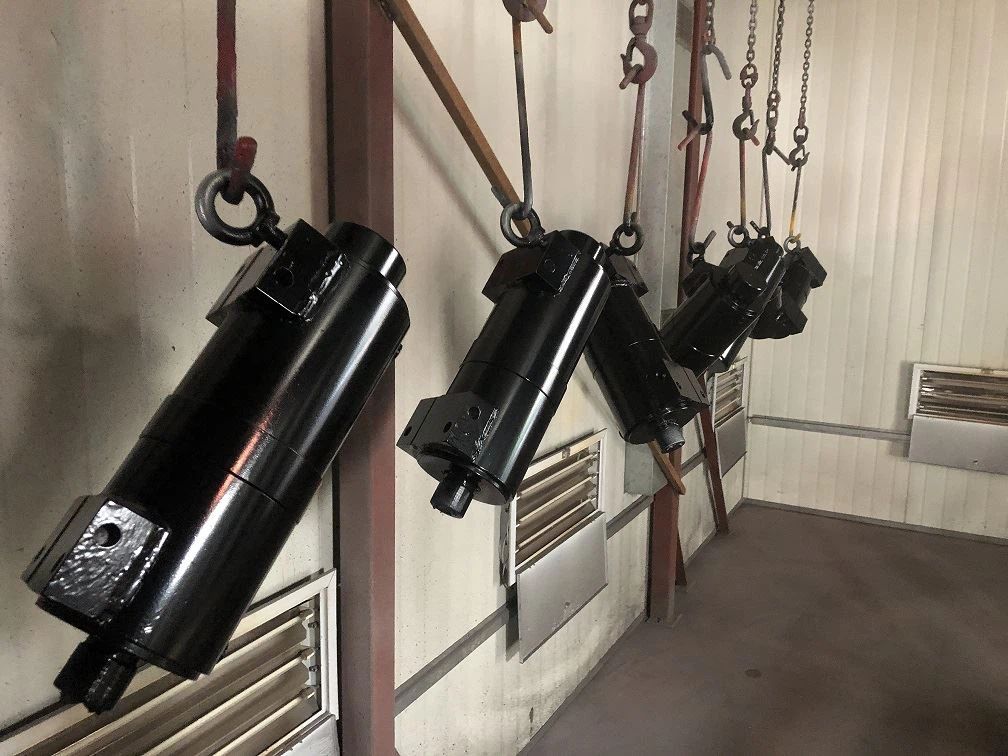
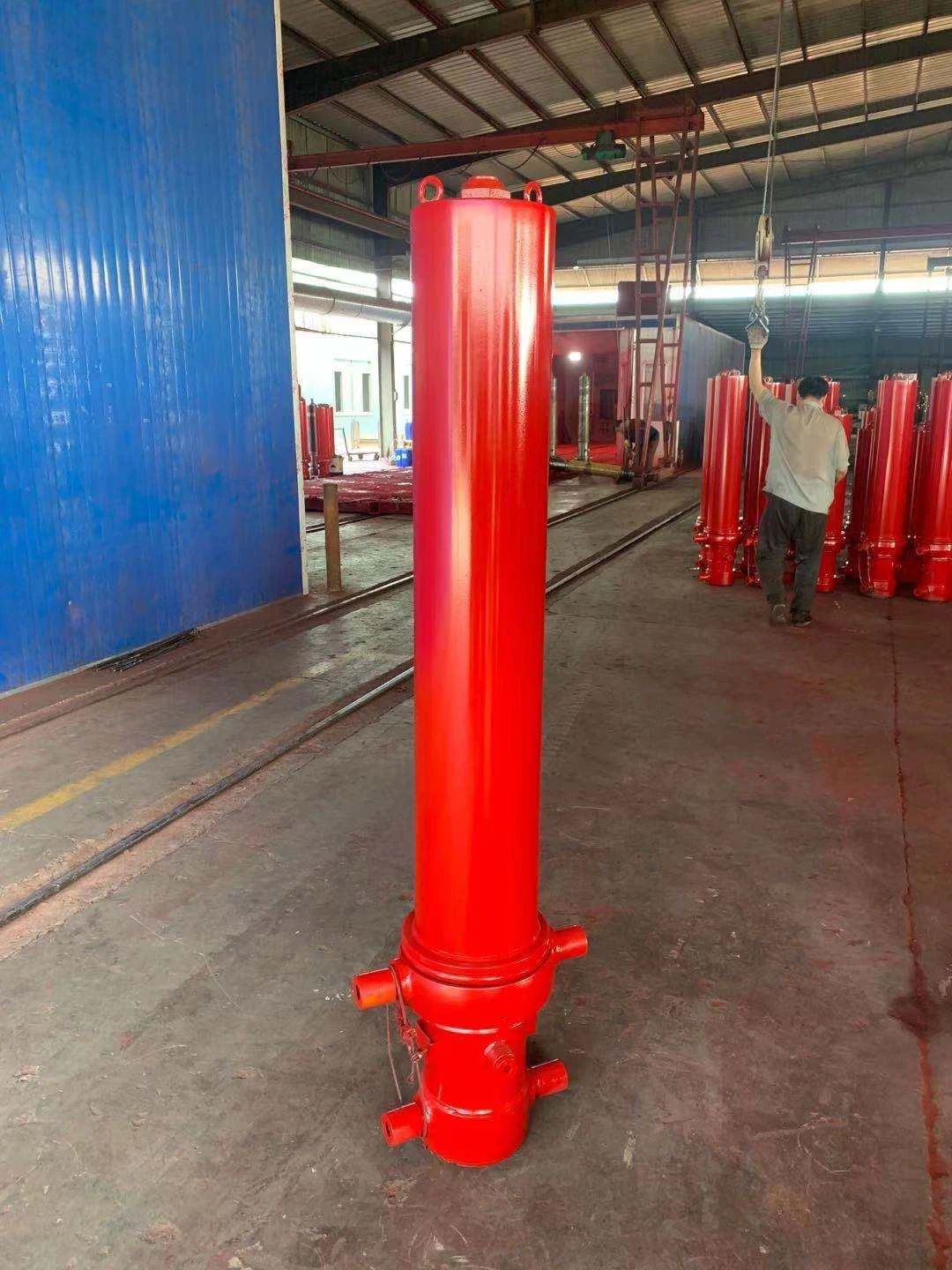
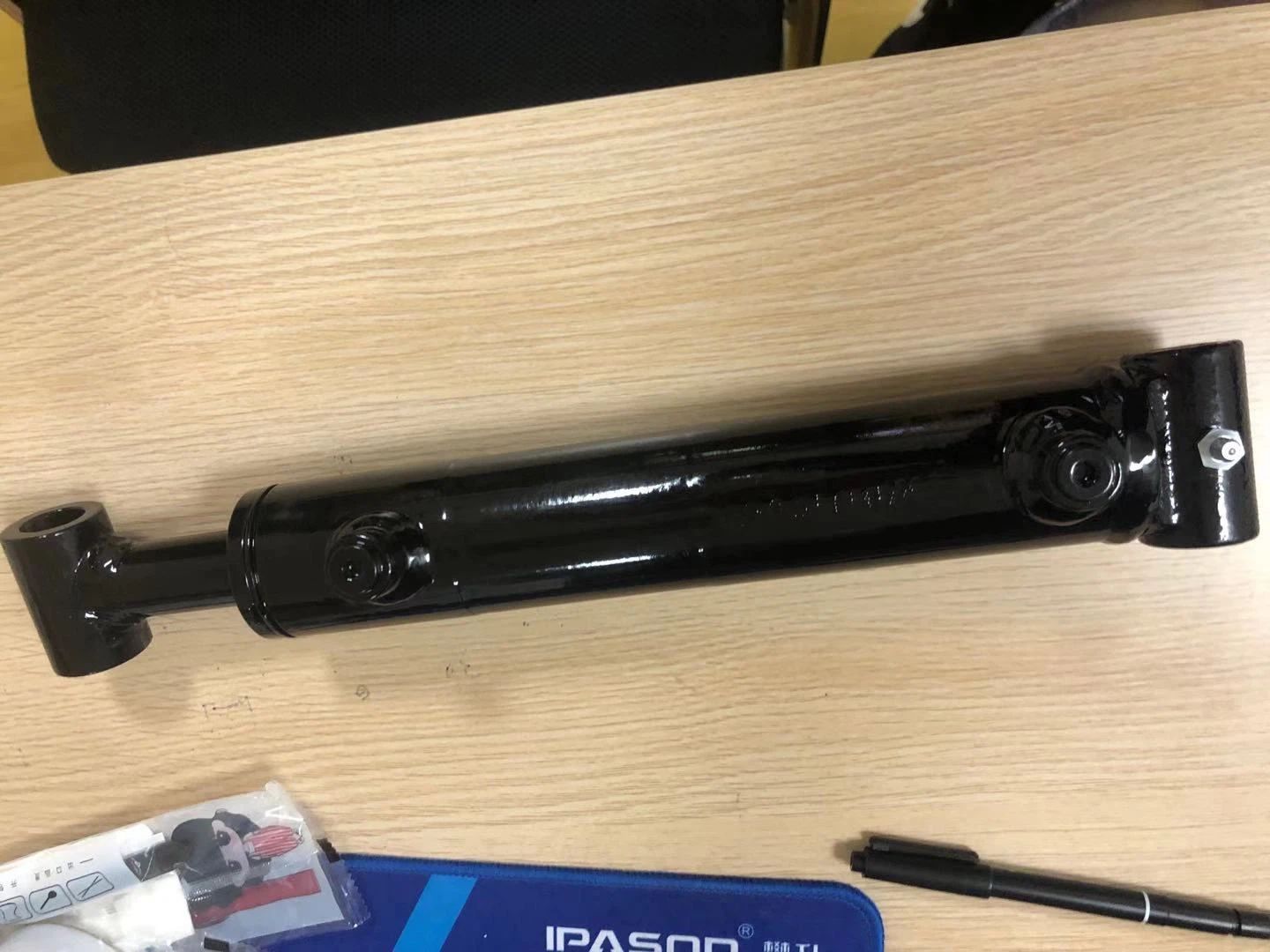
Inquire Form